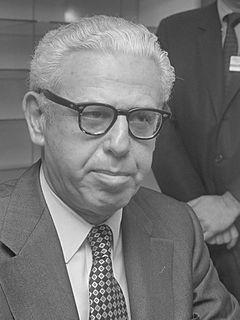A Quote by Shiva Ayyadurai
False speech does harm to readers, who are misled by it; it does harm to journalism, which is weakened by it; and it does harm to the subjects of the speech, whose reputations and careers are damaged by it.
Related Quotes
And finally remember that nothing harms him who is really a citizen, which does not harm the state; nor yet does anything harm the state which does not harm law [order]; and of these things which are called misfortunes not one harms law. What then does not harm law does not harm either state or citizen.
About the greatest virtue a friend can have, is to be able to hold her tongue; and through this, like all virtues carried to extremity, may grow into a fault, and do great harm, still, it never can do so much harm as that horrible laxity and profligacy of speech which is a the root of half the quarrels, cruelties, and injustices of the world.
Forgiveness does not mean that we have to continue to relate to those who have done us harm. In some cases the best practice may be to end our connection, to never speak to or be with a harmful person again. Sometimes in the process of forgiveness a person who hurts or betrayed us may wish to make amends, but even this does not require us to put ourselves in the way of further harm.
We think of justice sometimes as getting what you deserve, you know? - ?what crime was committed and what is the punishment for that crime. That's how a lot of the criminal justice works. But God's justice is restorative, so it's not as interested in those same questions of "What did they do wrong?" and "What is the punishment for that?" It's more about what harm was done and how do we heal that harm, and that's a much more redemptive version. So, it definitely doesn't turn a blind eye to harm, but it does say we want to heal the wounds of that.





































